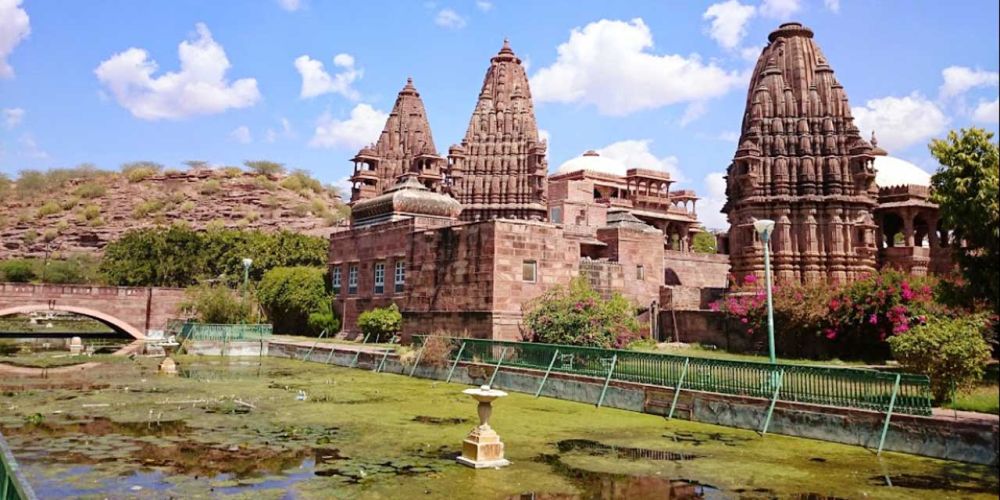

The city of Jodhpur, located in the Indian state of Rajasthan, is home to the serene and historic Mandore Gardens. This garden complex holds a significant place in the region's heritage and has been a site of importance since the era of the Pratihara Empire, with its origin dating back to the 6th century.
Mandore served as the capital of the Marwar region before Jodhpur was established in 1459. The gardens house the cenotaphs, also known as 'dewals', of the Marwar rulers. These cenotaphs are exquisite examples of Rajput architectural style, adorned with detailed carvings and spires that reach towards the sky.
Tourism at Mandore Gardens has evolved significantly over the decades. Initially, it attracted mainly local visitors and historians interested in exploring the historical and cultural significance of the area. However, as the fame of the gardens' beauty and tranquility spread, they began attracting tourists from across India and around the world.
The gardens became more accessible with the development of tourism infrastructure in Jodhpur. Today, they are a must-visit for those exploring Rajasthan's rich heritage. Within its expansive greenery, visitors can also find the Government Museum, 'Hall of Heroes', and a temple dedicated to the 33 crore Hindu gods.
In recent years, eco-tourism has become a significant trend at Mandore Gardens. Efforts are being made to preserve the natural surroundings while allowing tourists to enjoy the beauty of the area. Additionally, cultural tourism is gaining momentum, with visitors looking to experience local traditions, festivals, and arts.
Another emerging trend is experiential tourism. Tourists are increasingly interested in immersive experiences such as guided heritage walks, photography tours, and even picnics set amidst the historical backdrop of the gardens.
The future of tourism at Mandore Gardens looks promising, with continuing initiatives to boost sustainable and responsible tourism practices. Preservation efforts are ongoing to maintain the integrity and splendor of this ancient attraction, ensuring that it can be enjoyed by generations to come.